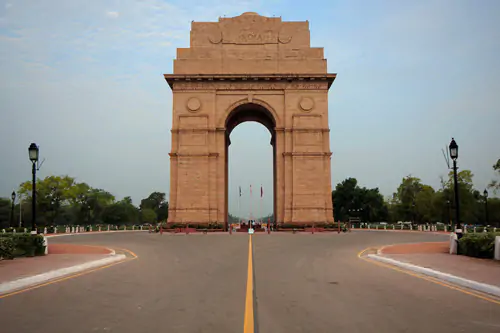Welcome To Amsterdam – Netherlands’
The Netherlands, a country in north-western Europe, is known for its flat landscape, canals, tulip fields, windmills and cycling routes. Amsterdam, the capital, is home to the Rijksmuseum, Van Gogh Museum, the house where Jewish diarist Anne Frank hide during WWII and a red light district. The Canalside mansions and a trove of works from artists including Rembrandt and Vermeer remain from the 17th-century “Golden Age.”
History Of Netherlands
However, the history of the Netherlands is the history of seafaring people thriving on a lowland river delta on the North Sea in north-western Europe. Records begin with the four centuries during which the region formed a militarized border zone of the Roman empire. Also this came under increasing pressure from Germanic peoples moving westwards. As Roman power collapsed also, the Middle Ages began, three dominant Germanic peoples coalesced in the area, Frisians in the north and coastal areas, Low Saxons in the northeast, and the Franks in the south.
During the Middle Ages, the descendants of the Carolingian dynasty, came to dominate the area and then extended their rule to a large part of Western Europe. The region of the Netherlands therefore became part of Lower Lotharingia within the Frankish Holy Roman Empire. For several centuries, lordships such as Brabant, Holland, Zeeland, Friesland, Guelders and others held a changing patchwork of territories. Also there was no unified equivalent of the modern Netherlands.
By 1433, the Duke of Burgundy had assumed control over most of the lowlands territories in Lower Lotharingia, he created the Burgundian Netherlands which included modern Belgium, Luxembourg, also a part of France.
Then the Catholic kings of Spain took strong measures against the new Protestantism and other dissent, which polarized those peoples of present – day Belgium and Holland. Also the subsequent Dutch revolt led to splitting the Burgundian Netherlands into a Catholic French and Dutch-speaking “Spanish Netherlands” (approximately modern) Belgium and Luxembourg, and a northern “United Provinces”, which spoke Dutch and was predominantly Protestant, with a large Catholic minority. It became the modern Netherlands.
Culture Of Netherlands
The culture of the Netherlands is diverse, reflecting regional differences as well as the foreign influences built up by centuries of the Dutch people’s mercantile and explorative spirit. Similarly the Netherlands and its people have long played an important role as centre of cultural liberalism and tolerance. Also the Dutch Golden Age is popularly regarded as its zenith.
Places to Visit in Netherlands
1) Amsterdam
2) Rotterdam
3) The Hague
4) Mastricht
5) Utrecht
6) Volendam
7) Delft
8) Lisse
Night Clubs At Netherlands
1) Paradiso
2) Uitgaanscentrum Mondial
3) Jimmy Woo
4) De Alla
5) Sugar Factory
6) NachtClub Cindrella
7) Air
8) Post Cs Bv
9) Club NL
10) Escape
11) Panama
12) Wester Unie
13) Shadrak
14) Bungalow 8 Amsterdam
15) Winston Kingdom













